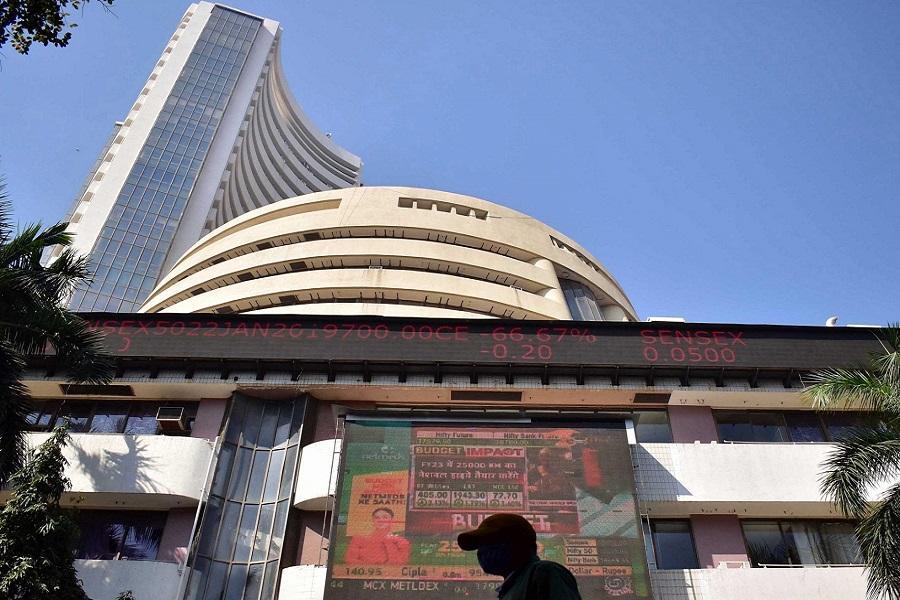
Mixed Sectoral Performance for Indian Stock Markets this Week
The Indian stock markets concluded the week on a subdued note, as investors grappled with global uncertainties and awaited key domestic developments. The benchmark indices experienced volatility, with the Sensex and Nifty oscillating within a narrow range before closing marginally lower. The Nifty settled at 24,853.15, while the Sensex ended at 81,721.08, reflecting cautious investor sentiment.
The week began on a positive note, with the Sensex and Nifty rising by over 1% on Monday, driven by renewed optimism in the global markets and encouraging quarterly earnings from some of the blue-chip companies. The momentum continued on Tuesday, with the indices extending their gains, as investors took cues from the positive cues from the US markets.
However, the optimism was short-lived, as the markets witnessed a sharp correction on Wednesday, driven by concerns over the rising COVID-19 cases in India and the subsequent impact on the economy. The benchmark indices plunged by over 1.5%, with the Nifty falling to its lowest level in over a fortnight. The Sensex also witnessed significant losses, declining by over 1.7%.
The markets continued to be volatile on Thursday, with the indices experiencing wild swings. The Sensex and Nifty oscillated within a narrow range, before ending the day in the red. The Nifty settled at 24,853.15, while the Sensex ended at 81,721.08.
The sectoral performance was mixed, with some sectors witnessing significant gains, while others experienced losses. The IT sector was among the top gainers, with stocks like TCS, Infosys, and Wipro rising by over 2-3%. The pharma sector also witnessed significant gains, driven by encouraging quarterly earnings from some of the leading players.
On the other hand, the auto sector was among the top losers, with stocks like Maruti Suzuki, Hero MotoCorp, and Tata Motors declining by over 2-3%. The metal sector also witnessed significant losses, driven by concerns over the demand outlook and the subsequent impact on prices.
The market participants were cautious, as they awaited key domestic developments, including the outcome of the ongoing budget discussions and the RBI’s monetary policy review. The investors were also closely watching the global developments, including the progress of the COVID-19 vaccination drive and the subsequent impact on the economy.
The technical indicators were also mixed, with the daily charts indicating a bearish trend, while the weekly charts suggesting a bullish trend. The RSI (Relative Strength Index) was trading in the neutral zone, while the MACD (Moving Average Convergence Divergence) was indicating a bearish crossover.
In terms of the stock-specific movement, some of the leading players witnessed significant gains, while others experienced losses. The stocks that gained the most included TCS, which rose by over 4%, followed by Infosys, which gained by over 3%. Other top gainers included Wipro, HCL Technologies, andTech Mahindra.
On the other hand, some of the leading stocks that witnessed significant losses included Maruti Suzuki, which declined by over 3%, followed by Hero MotoCorp, which fell by over 2%. Other top losers included Tata Motors, Bajaj Auto, and Hindalco.
In conclusion, the Indian stock markets experienced a mixed sectoral performance this week, with the benchmark indices oscillating within a narrow range before closing marginally lower. The investors were cautious, as they awaited key domestic developments and global cues. The sectoral performance was mixed, with some sectors witnessing significant gains, while others experienced losses. The market participants will be closely watching the global developments and domestic cues, including the outcome of the budget discussions and the RBI’s monetary policy review.






